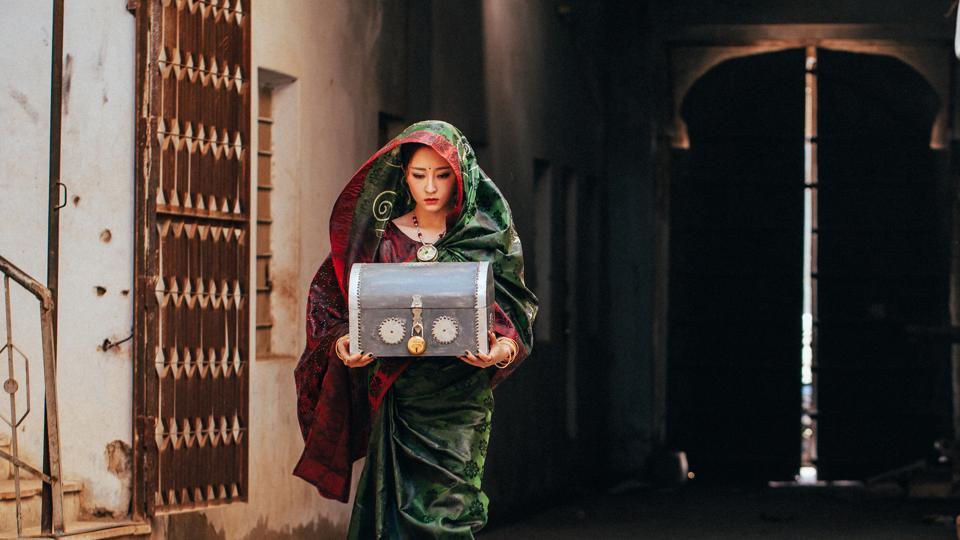China and India share, what can ordinarily be called, tense, confusing ties. More people could tell you that China’s rather ‘disturbing’ presence around North-eastern borders of India makes the latter tense, and rightly so. China’s continued onslaught on Tibet only exacerbates the tense geopolitical crisis in this part of Asia.
But not all of China is mired by controversy. Where the burgeoning movie culture goes, China’s love for cinema, defined by an increasing prowess for film-making is continuingly making heads turn. And in the current context of the relations between the two countries, it’s China’s penchant for India that- believe it or not- is providing a healing balm to the tense equation.
Nine in ten people would share that China only happens to film its movies within the mainland territory. Seldom does one see China filming a movie outside its own domicile. But often, it’s doing a rare thing or two that highlights China’s strength. And at this point in time, few people amplify this as better as film-director Liu Juan. Among the myriad acting and directing talents in the Chinese film industry- it’s filmmaker Liu Juna who has truly stood out and can be perceived as an important link between India and China ties, the umbilical chord of which is connected to the film culture.
Do you want to know why?
When was the last time you heard that a full-fledged Chinese film was shot, directed and, completely made in India? How often have you heard about an Oriental movie being shot in the sandy, topsy-turvy, culture-ridden bylanes of Rajasthan- India’s largest state (by area size)? Have there been many Chinese movies whose opening sequences have been filmed in Rajasthan, ending only in India’s spiritual homeland- Varanasi? In so doing, popular Chinese filmmaker- Liu Juana- has not only provided a different lens to view the ties between the two nations but has proven that art and cinema can indeed mend broken relations.
Professing her true love for India, the revered Chinese filmmaker, who’s 2013’s Singing When We Were Young attracted rave reviews from the international community has recently shot “Lost in Ganga” in entirety in India. The film, artfully shot in the culturally vibrant landscape of Rajasthan follows the melancholic journey of a couple who are going through a hard phase in their marriage. To ‘work’ their marriage and re-think it over, the Beijing-based couple undertake a moving, emotional and, ultimately spiritual sojourn in India.
The film traces the journey of an accomplished Beijing photographer, who travels to India along with his muse. The movie was shot on a tight budget as well as stringent timelines, across the vibrant majesty of beautiful destinations including Bikaner, Jaisalmer and, ultimately- Varanasi. Lost in Ganga, is, therefore, a moving saga about love, longing and, loss and what’s most interesting about the film is that apart from a documentary being shot here and there, no other full-scale commercial Chinese film has ever been shot outside China, let alone in India.
In this interesting first, Liu Juana has mirrored a part of her real life by etching it on the on-screen narrative. It’s believed that Juana had visited India a few years ago and was enchanted by her experiences at Varanasi, a city she avidly describes, as being about tea-seller, vermillion-smeared temples and, colourful people from different walks of life.
That told, it’s not that there are only Chinese characters in the flick. A theatre actor by the name of Sandeep Bhojak also happens to play an important part in Liu Juana’s film. When speaking of her experience in India, the filmmaker was enthusiastic and fondly remembered the country where she had recently filmed what might be a pivotal moment in her creative journey.
“A Chinese couple was staying at the same hotel I was in Varanasi. They had met in Varanasi during an earlier visit, returned to China, got married and returned for their honeymoon,” says Liu as we meet at a chic café in Beijing. “But they were continuously fighting..,” she addded.


